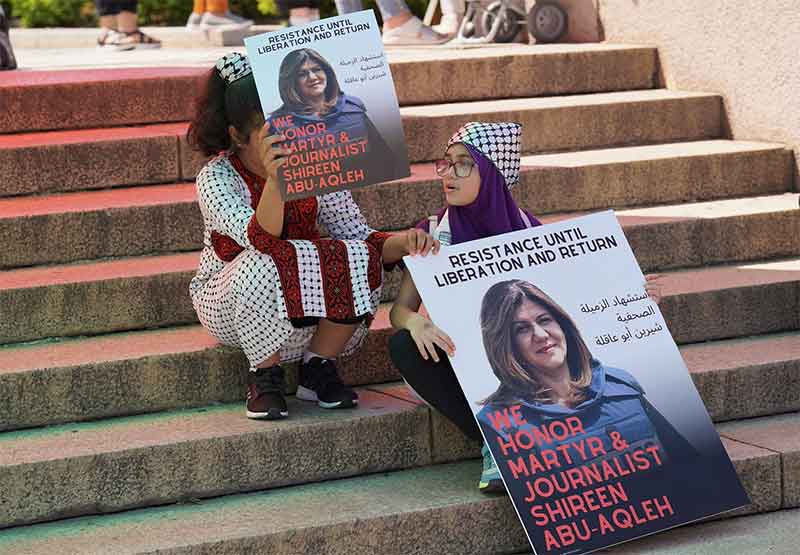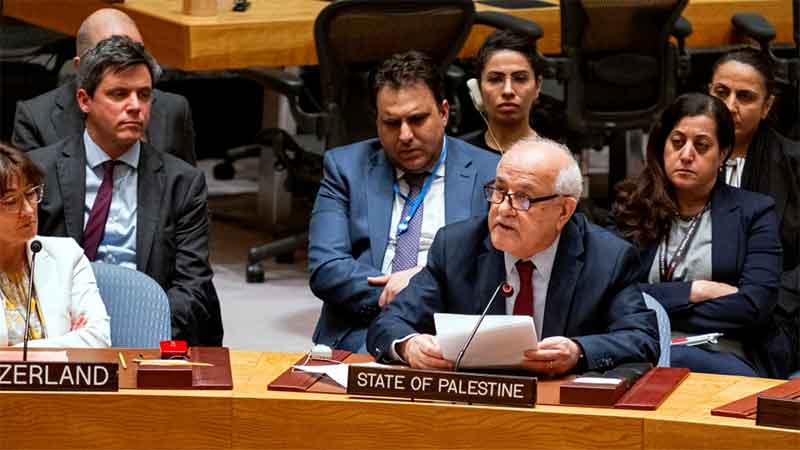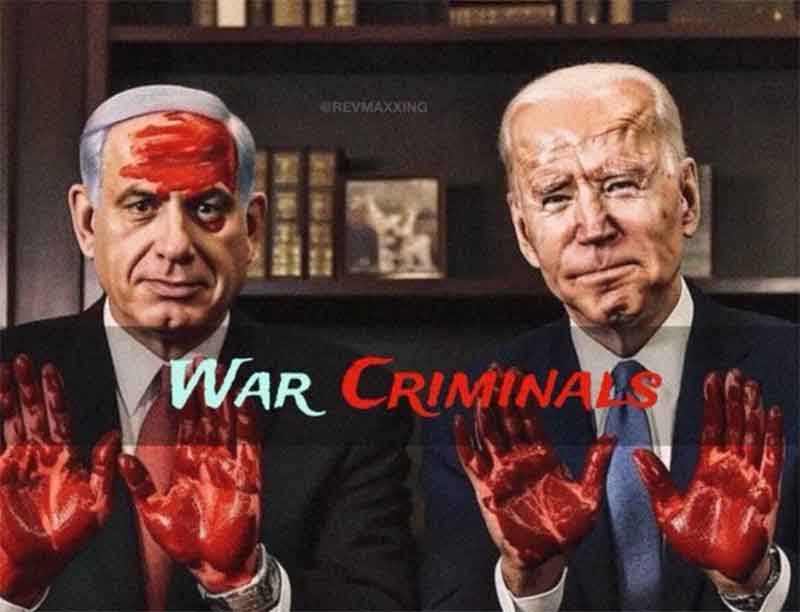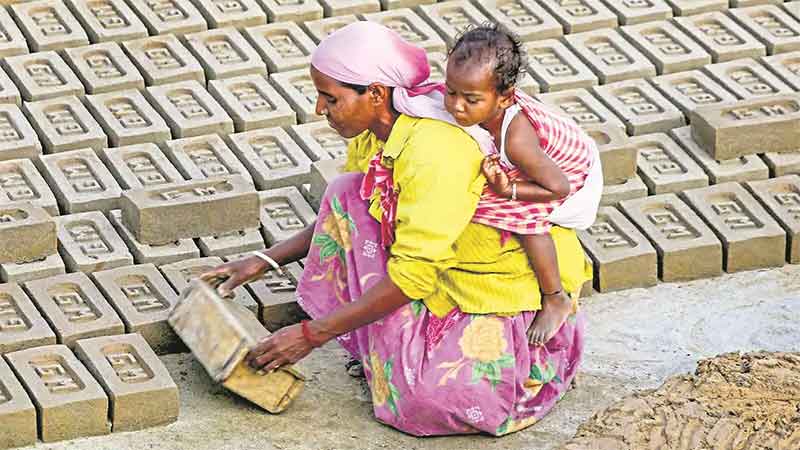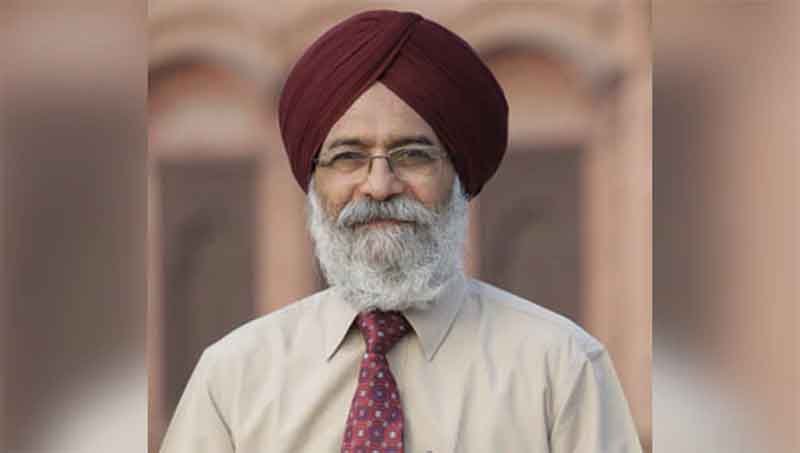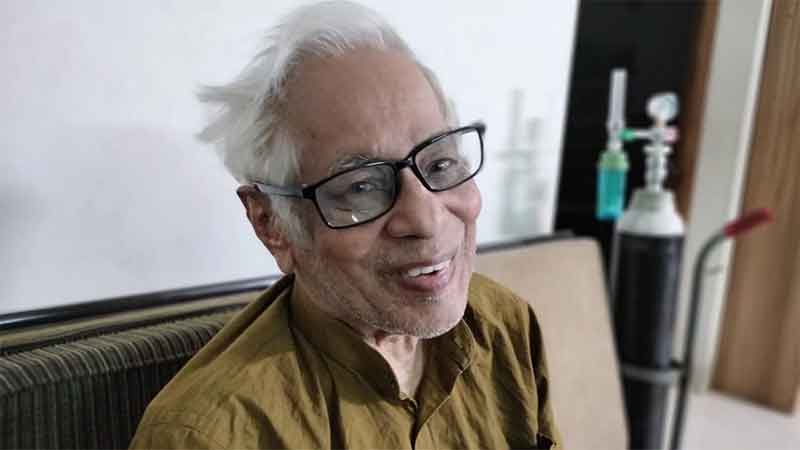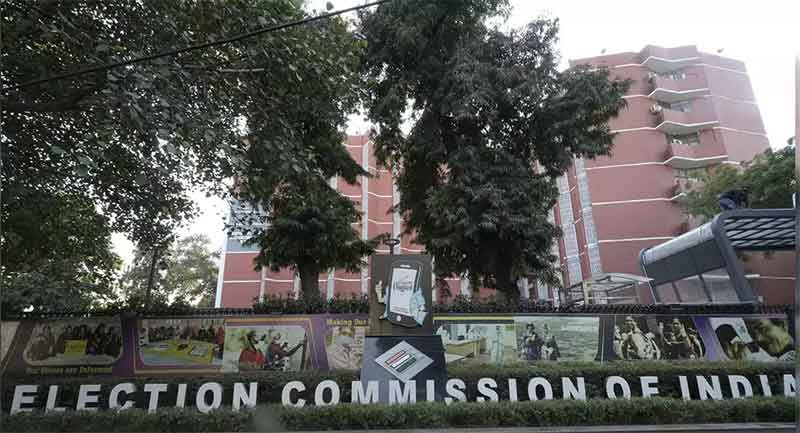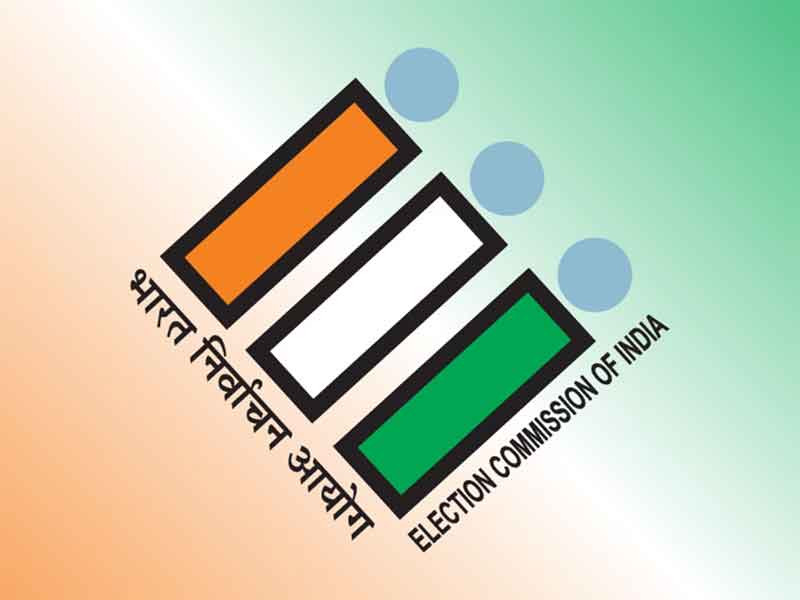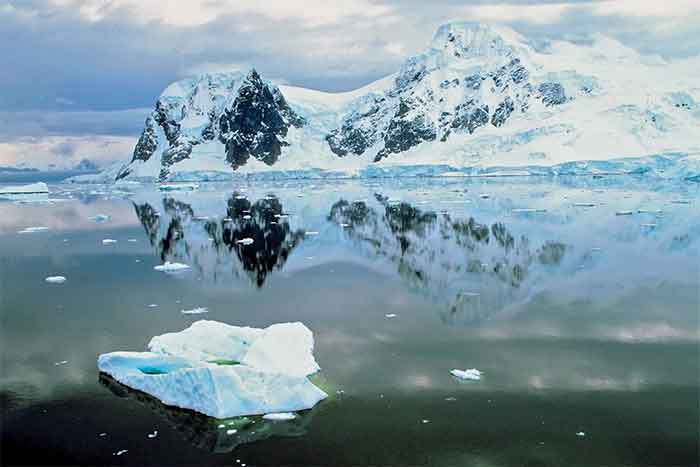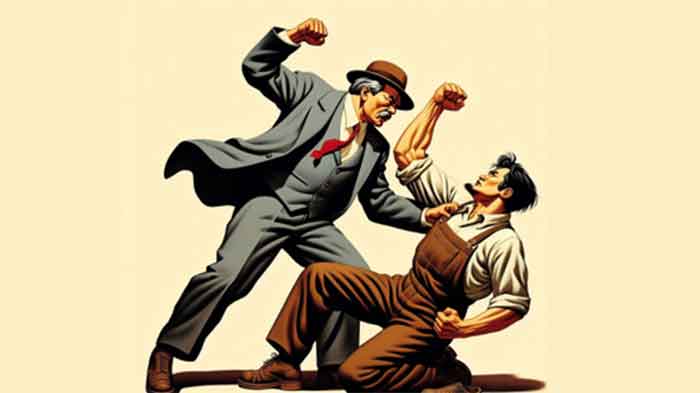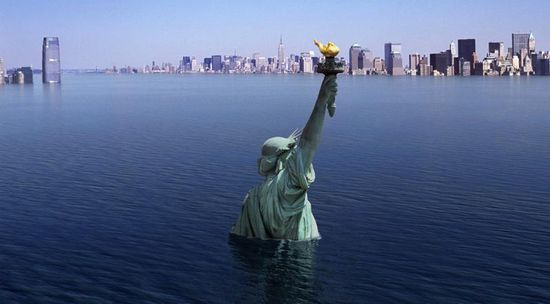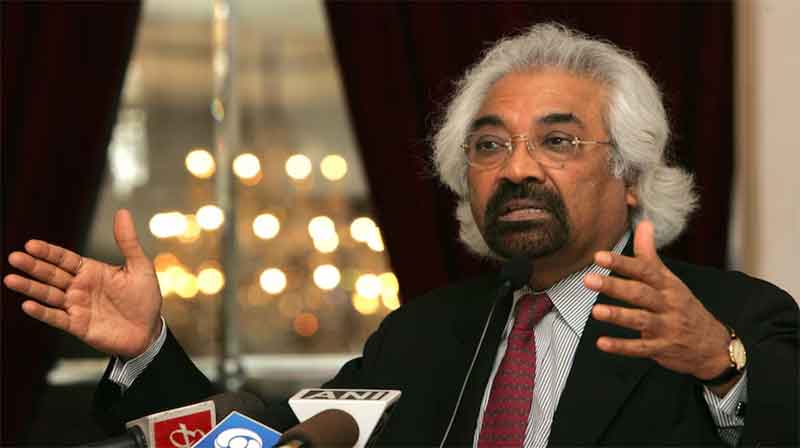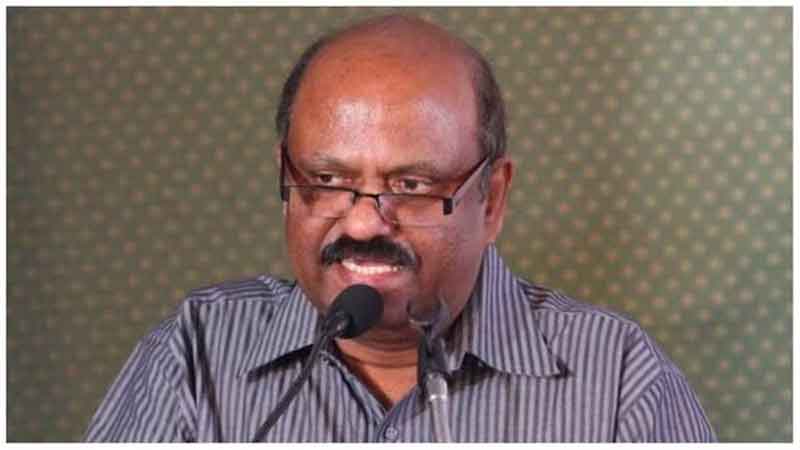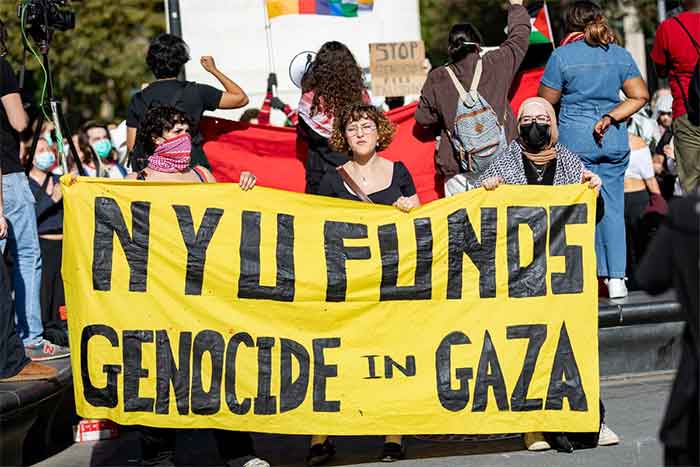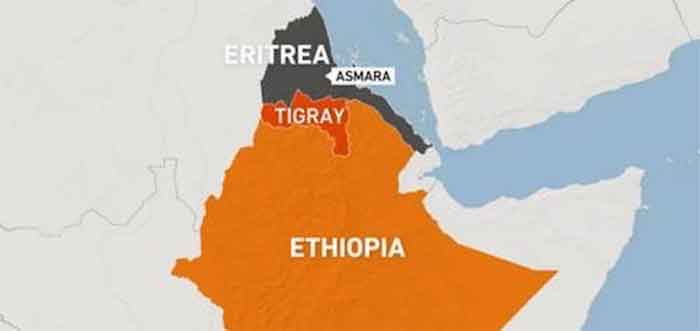
Caption: Left: Helyeh Doutaghi of People’s Tribunal on US imperialism, Sanctions, Embargoes and Economic Coercive Measures | Right: Nina Farnia, legal historian and scholar of Critical Race Theory at Albany Law School
On the second day of Masar Badil’s Liberation Conference in Ottawa (Mādahòkì Farm, 4420 West Hunt Club Road Ottawa, ON), a speaker (Denis Kosseim), on the panel titled Connecting Struggles, reminded us of Fred Hampton’s declaration, “I am a revolutionary.” In a following panel, Helyeh Doutaghi of People’s Tribunal on US imperialism, Sanctions, Embargoes and Economic Coercive Measures detailed for us how US sanctions on Iran (as one example) are meant to de-develop Iran and thus create conditions of revolt designed to topple the prevailing regime and benefit US economic and military interests.
Is it any wonder, then, that in Fred Hampton’s words, “a lot of people get the word ‘revolution’ mixed up?” Hampton went on to say, “Revolution is nothing but like having a sore on your body and then you put something on that sore to cure that infection. I’m telling you that we’re living in an infectious society right now. I’m telling you that we’re living in a sick society right now. I’m telling you that we’re living in a sick society and anybody that endorses integrating into a sick society before it’s cleaned up is a man who’s committing a crime against the people.”
At the Palestinian Liberation Conference on April 29, 2023, Masar Badil (Palestinian Alternative Revolutionary Path) asked us to check what we thought we knew at the door and consider several issues we are likely to have gotten “mixed up”: What US imperialism means to much of the developing world and especially in Palestine and West Asia, the opportunities opening up for Palestine as a result of the decline of US imperialism and the rise of China on the global scene.

Caption: Charlotte Kates, the international coordinator of Samidoun Palestinian Prisoner Solidarity Network (https://samidoun.net/), introducing “…End of US Imperialism” panelists
The United States can count unequivocally only on Israel to keep the Arab world, into which Israel has been injected like an incubus, pro-Western. To that end, it has toppled regimes that threatened to move out of its orbit with little regard to the welfare of their populations, often falling into glaring contradictions between its rhetoric of democracy and social justice and its imperialist concerns. During the cold war, for example, the US openly promoted anti-communist positions among Middle Eastern nations in return for U.S. economic and military aid and even support from American troops. Today, again allied with Israel in that objective, it is making the same maneuvers against China and Iran.
It requires mental effort to dissociate oneself from the prevailing rhetoric on both Iran and China issued by the right and left alike in the West. “How many of you think the sanctions on Iran are about human rights and the Islamic regime rather than Iran’s national resources and geopolitical location?” “How many of you believe China is an imperialist country; how many don’t?”
The US Comprehensive Iran Sanctions Act of 2010 has the word “accountability’ in its title. The United States wants “designated Iranian individuals, companies, and organizations” to be accountable for their “involvement in nuclear proliferation, ballistic missile development, support for terrorist groups, and human rights abuses.” Similarly, we are to believe that Canada’s sanctions against the Iranian regime are “in response to its gross and systematic human rights violations, including its persecution of women. These measures are also in response to the Iranian regime’s ongoing breach of international peace and security.”
The message at the Conference was that we need to hold them (the US and Canada) accountable for the devastating humanitarian hardship their sanctions cause to whole populations and not the other way around.
How do we weigh the plausibility of the declared motivations and aggressive rhetoric against Iran or China of the United States and Canada? According to Nina Farnia, legal historian and scholar of Critical Race Theory at Albany Law School, answers emerge when we take a closer look at the consequences of US imperialism, what it really means and how the US executes it. A quick tally: the US has 800 known military bases around the globe and is currently engaged in 25 active conflicts, including Ukraine. It has sought regime change 70 plus times. The goals of the sanctions it imposes are to give the US an economic advantage. “Sanctions are theft.”
The nature of the warfare the US launches to topple socialism and democracy in the region and to safeguard its own economic interests is hybrid. Its policy pillars are militarism, sanctions (economic coercive measures), foreign aid and dollar diplomacy. The consequences are severe (the Syrian population, for example, has been depleted by half).
If we are to believe, as many political analysts do, that the US is in decline (meaning that Canada and Australia will follow suit) and China is on the rise, and if China is not imperialist (i.e., the value of its economic actions flows outward, not inward as with the US) and it intends to facilitate the emergence of a multipolar world, what are the benefits to our region?

Caption: Behind-Enemy-Lines.org @anti_imperialist_resistance
If one measure of the benefit is saving lives, look at it this way: The Saudi-Iran détente would save lives; the end of the war in Yemen would save lives. And Palestine? The feeling at the Liberation Conference was that at no time in history has the success of the Palestinian struggle for liberation been more possible than now.
As Nina Farnia put it: “This historic moment to me is the most exciting moment to be alive.”
______________
Rima Najjar is a Palestinian whose father’s side of the family comes from the forcibly depopulated village of Lifta on the western outskirts of Jerusalem and whose mother’s side of the family is from Ijzim, south of Haifa. She is an activist, researcher and retired professor of English literature, Al-Quds University, occupied West Bank



